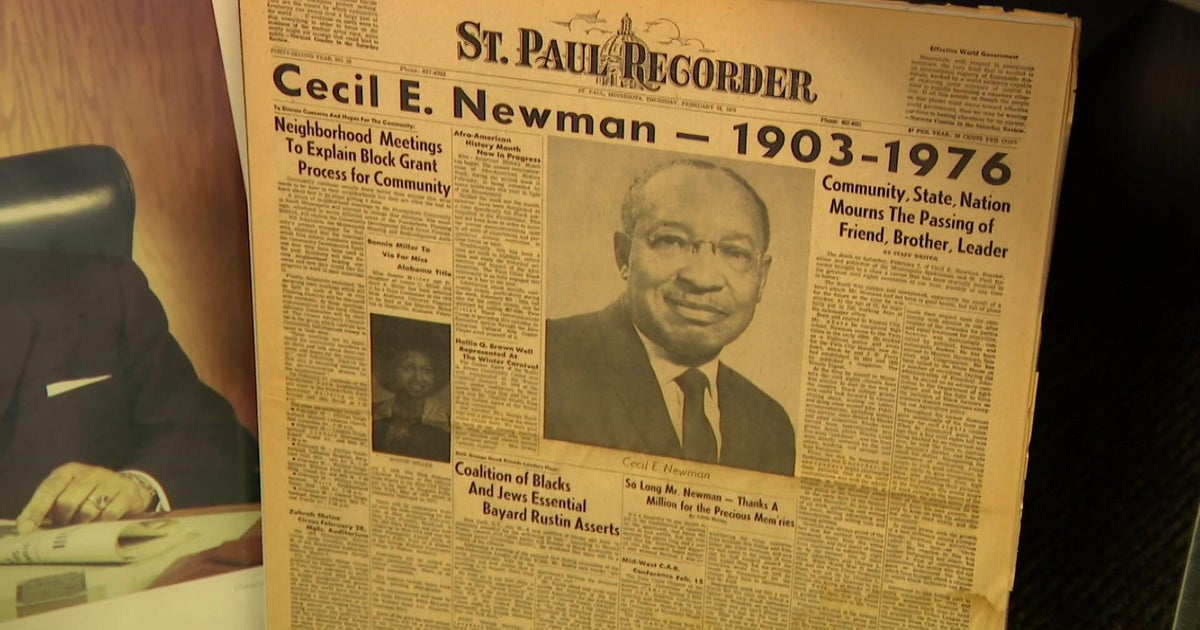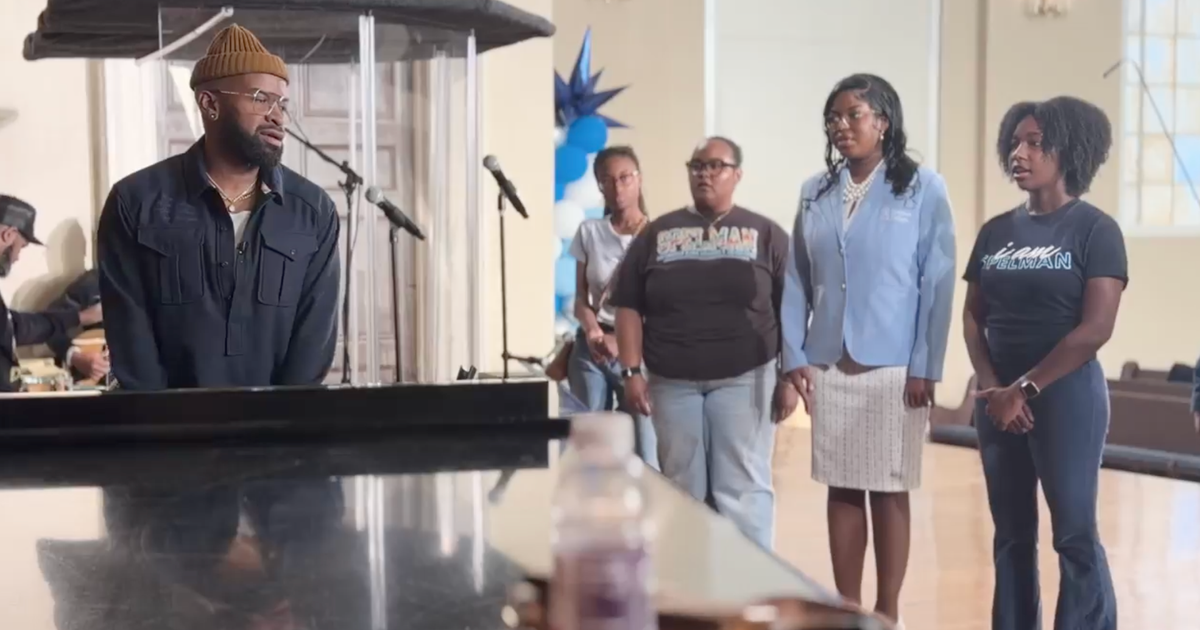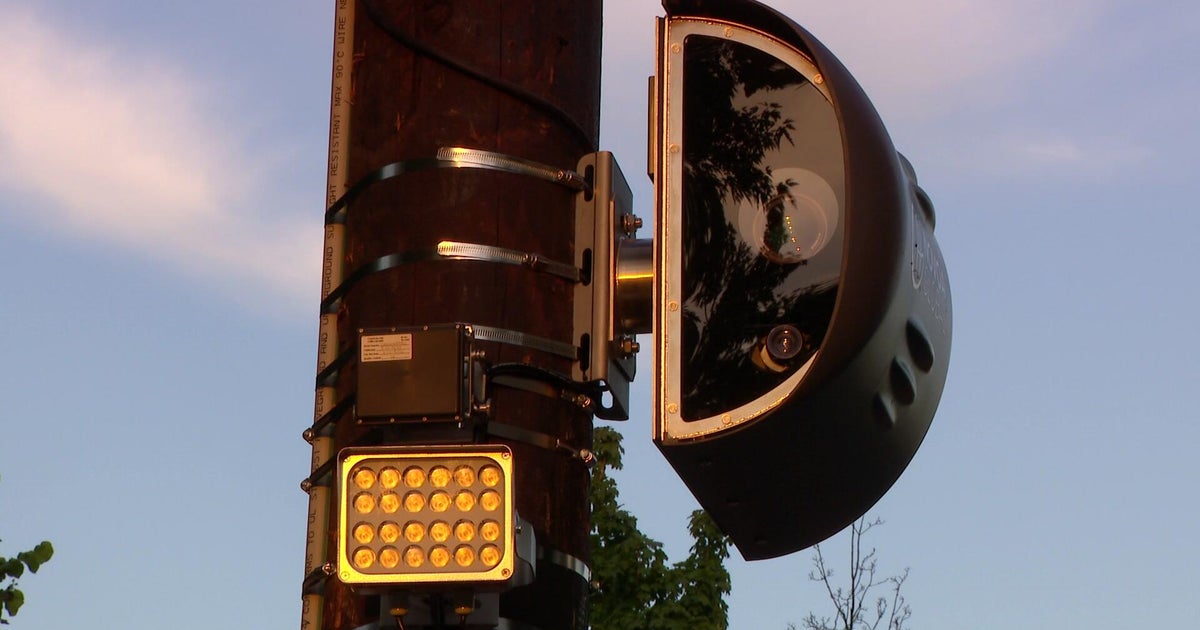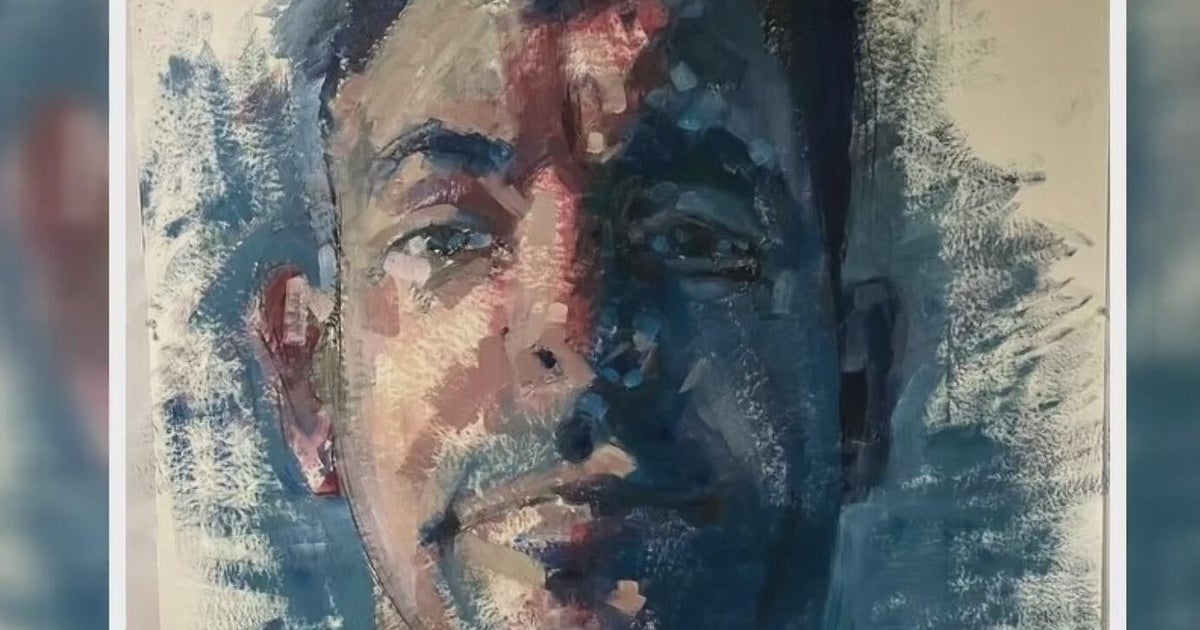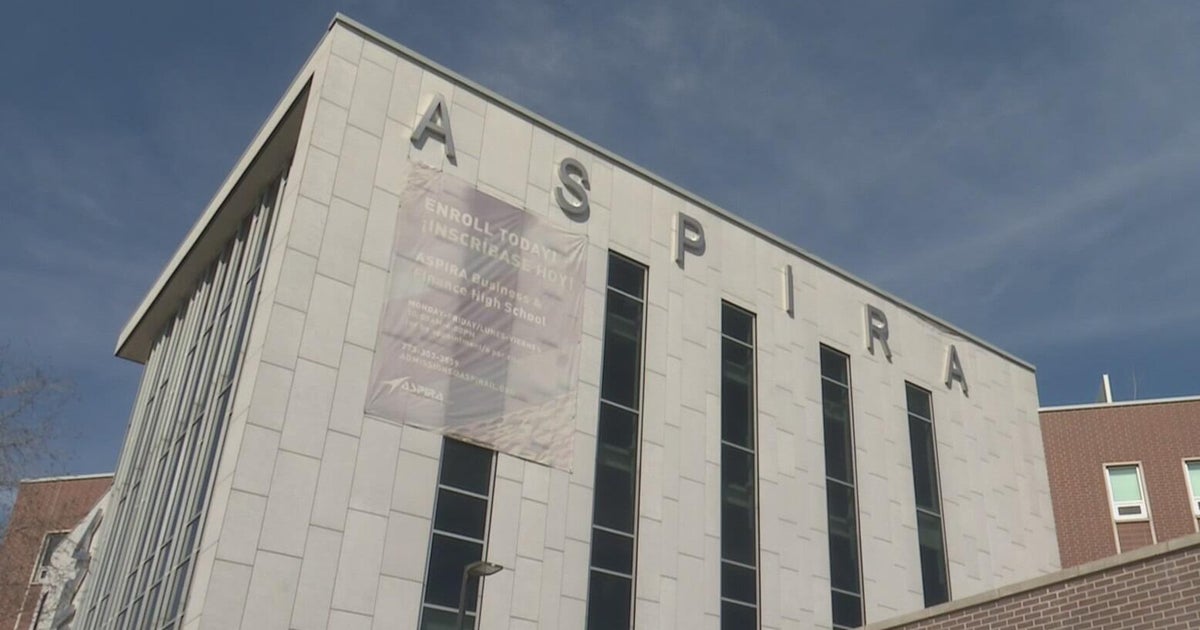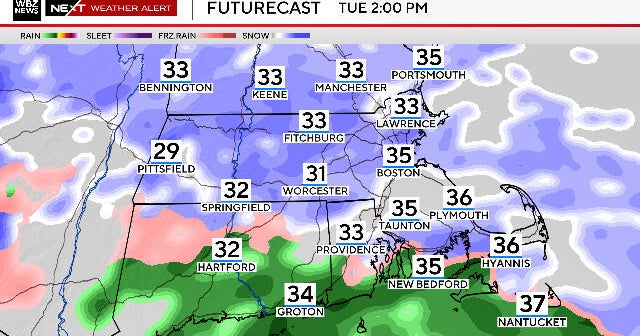Good Question: Why Are Deep Voices Music To Our Ears?
MINNEAPOLIS (WCCO) -- For a limited time, Morgan Freeman will be the voice of Google's navigation app, Waze. Imagine him telling you, "Turn left in 30 feet, then turn right at the light."
The Academy Award winning actor has a distinctive voice that most us know right away. But, what makes his sound music to our ears? Good Question.
Researchers have found people with lower pitches are perceived to be stronger and more confident. According to one study, voters prefer leaders with lower voices.
"Part of it might be a product of the patriarchy that we've gotten used to men being authoritative voices, so when we hear Morgan Freeman or many other men, we might associate them with higher credibility," Kevin Sauter, a professor of communications at the University of St. Thomas, said.
Benjamin Munson, a professor in the Department of Speech, Language and Hearing Sciences at the University of Minnesota, calls Freeman's voice prototypically masculine, a trait that's been conveyed as far back as early human times.
"The pitch and resonance of a deep voice, we have a cross-cultural preference to sound like that," he said. "It's a vocal sign that you were big and healthy."
But, both Sauter and Munson say the appeal of Morgan Freeman's voice goes much deeper than its pitch.
"If you think about all the roles he's played, they've been very positive roles," he said. "I think it's a positive reaction to who he has portrayed all of these years."
Sauter calls it a parasocial relationship, in which audience members develop a one-sided relationship with the people they see in the media.
"I think he's associated with those roles that are positive and we kind of like him, he's our friend," Sauter said.
And, it's important to remember that Oscar winner Freeman is an exceptional actor.
"He's very good. When he talks,he uses his volume, inflection and emphasis very well," Sauter said. "That's what a lot of people don't realize, a good actor uses all the sounds and words and you hear them better."
One speech professor said how we value women's voices has changed: Marilyn Monroe used to be ideal, but now it's more like Scarlett Johannson.
